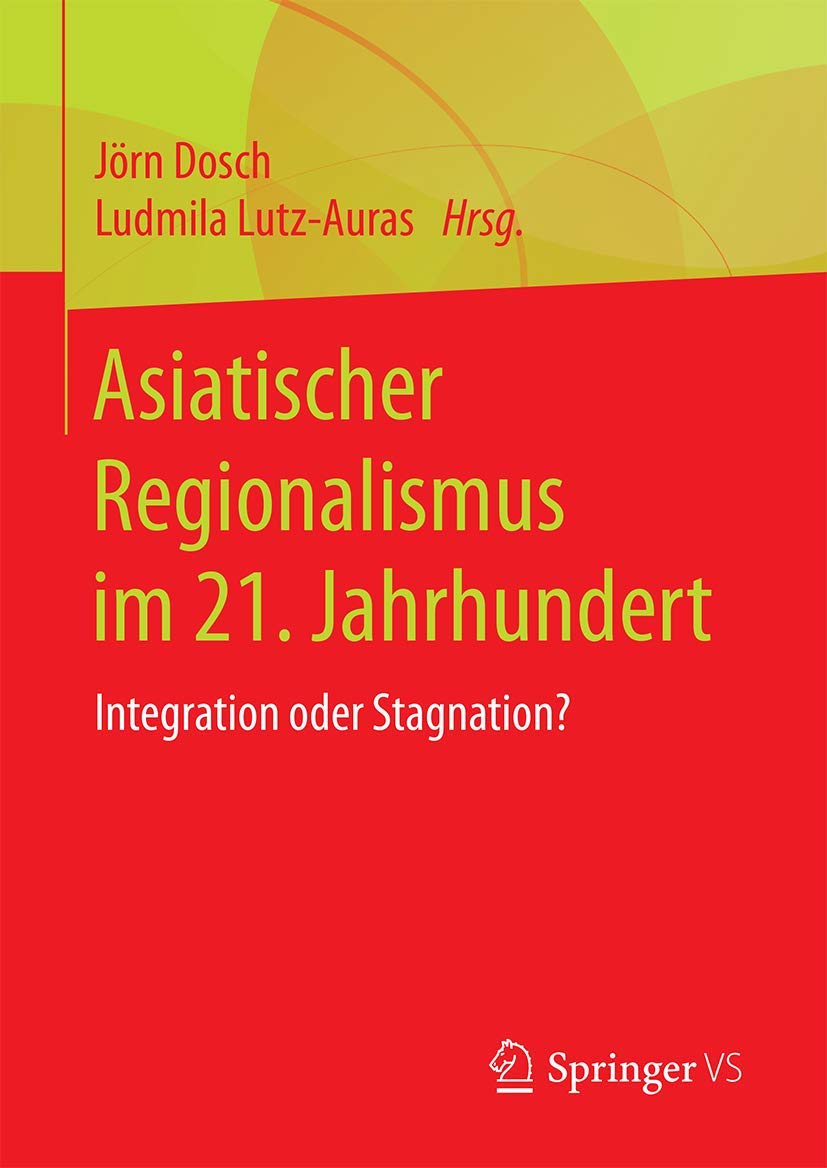Hindu Nationalism and the New Right
Contribution to the edited volume "The New Right's Understanding of the State"
Is Hindu nationalism in India a political phenomenon sui generis? Or can its rise be seen as part of a broader development extending far beyond South Asia, sometimes described as the global emergence of a New Right? Are there organizational, ideological, and strategic patterns that Hindu nationalism shares with comparable radical right-wing populist or New Right movements in other countries?
From the Ballot Box to the Government: The Political Participation of Women in the Baltic Sea Region
Proceedings of the international conference in Schwerin
The international conference “From the Ballot Box to the Government: The Political Participation of Women in the Baltic Sea Region” took place on March 19 and 20, 2025, in Schwerin. It was a cooperative project of the Coordination Center for Women and Equality in the Ministry of Justice, Equality and Consumer Protection of Mecklenburg-Western Pomerania, the Institute of Political Science at the University of Rostock, and the Mecklenburg AnStiftung. The Centre for Eurasian Studies (ZEUS) also participated, represented by Dr. Cathleen Kiefert.
The event represents an important step in the development of exchange on women’s and gender equality policy issues in the Baltic Sea region and thus in the implementation of the “Strategy for Cooperation in the Baltic Sea Region” (MV Baltic Sea Strategy) of the state government of Mecklenburg-Western Pomerania. The proceedings summarize the results of the conference.
Asian Regionalism in the 21st Century – Integration or Stagnation?
Jörn Dosch and Ludmila Lutz-Auras (Ed.), Wiesbaden: Springer VS, 2020, 291 p.
The process of globalisation is proceeding relentlessly, accompanied by de- and transnationalisation of society, economy, politics and culture. The resulting loss of significance of the national state begs the question of which role cross-border cooperation is supposed to and expected to play. This book will analyse and compare the accomplishments and challenges of the most important Asian associations: Association of Southeast Asian Nations (ASEAN), South Asian Association for Regional Cooperation (SAARC), Eurasian Economic Union, Greater Mekong Subregion (GMS) and approaches to creating an East Asian union. Additionally, the role of the European Union in Asia will be evaluated. A characteristic of Asian regionalism is the fact that while it is led by formal processes of institutionalism, informal regulatory systems play an essential role in regionalism as well. Has this approach led to progressive regional integration or can a stagnation of initiative regarding Asian collaboration over the past decades be observed?




